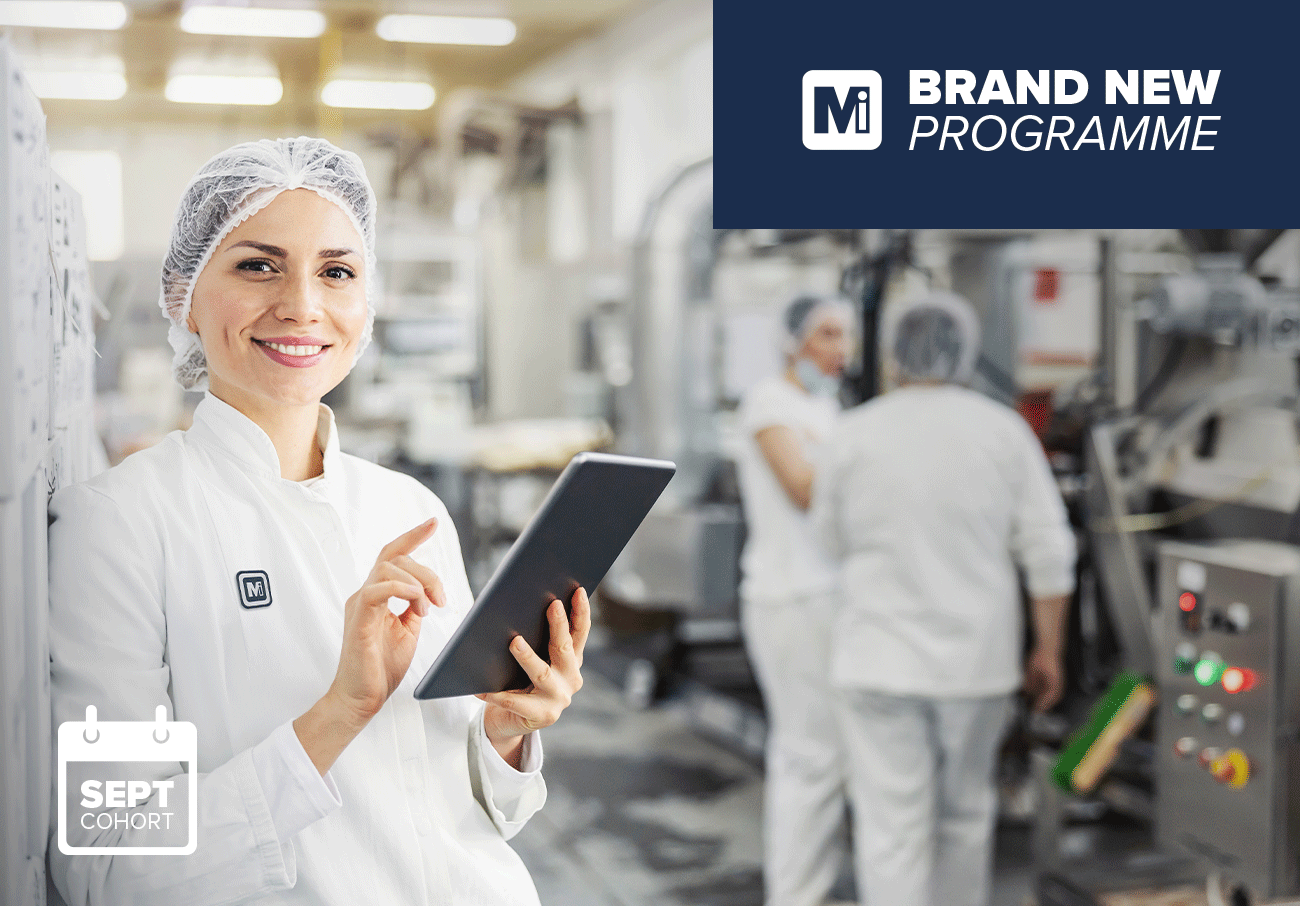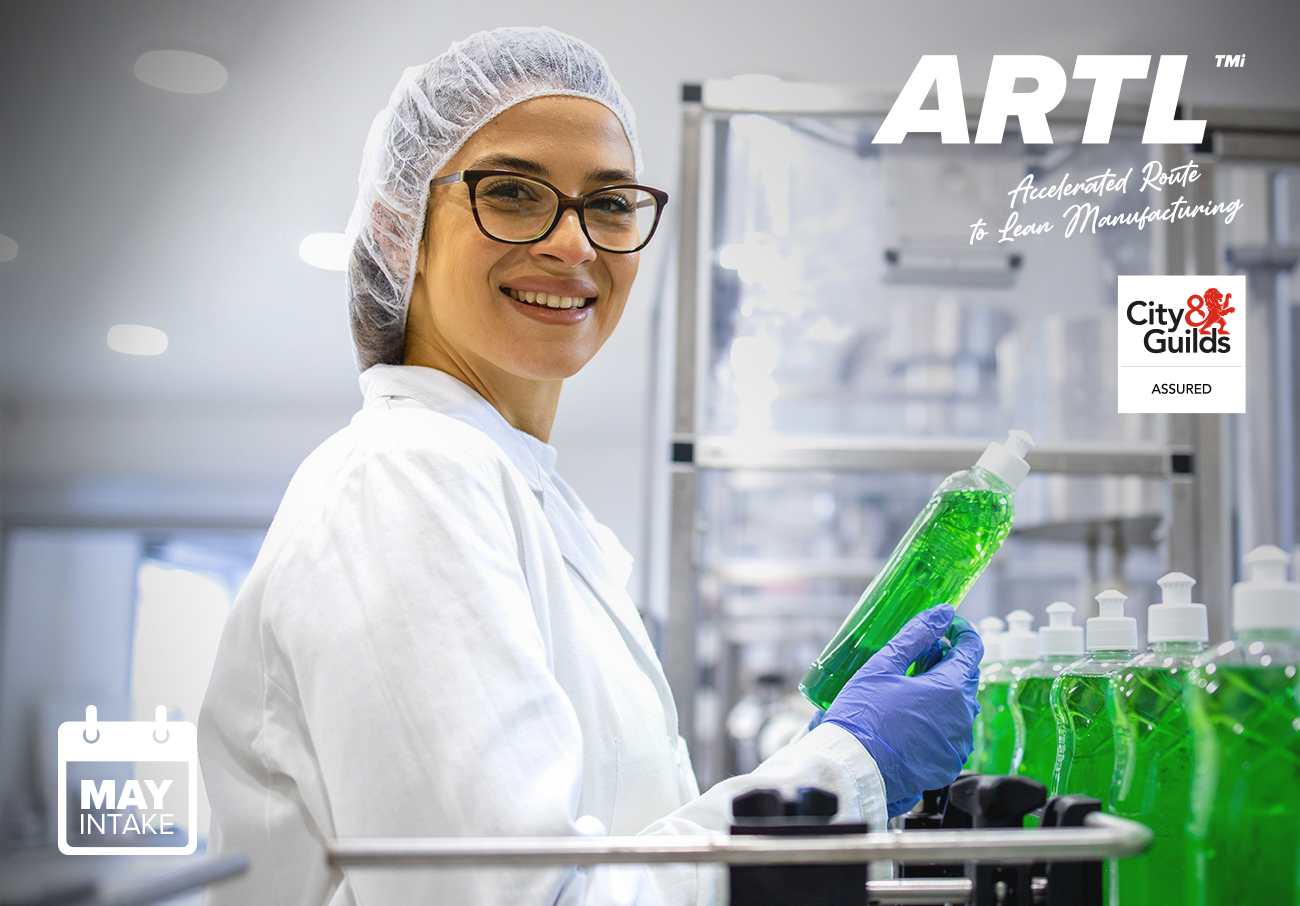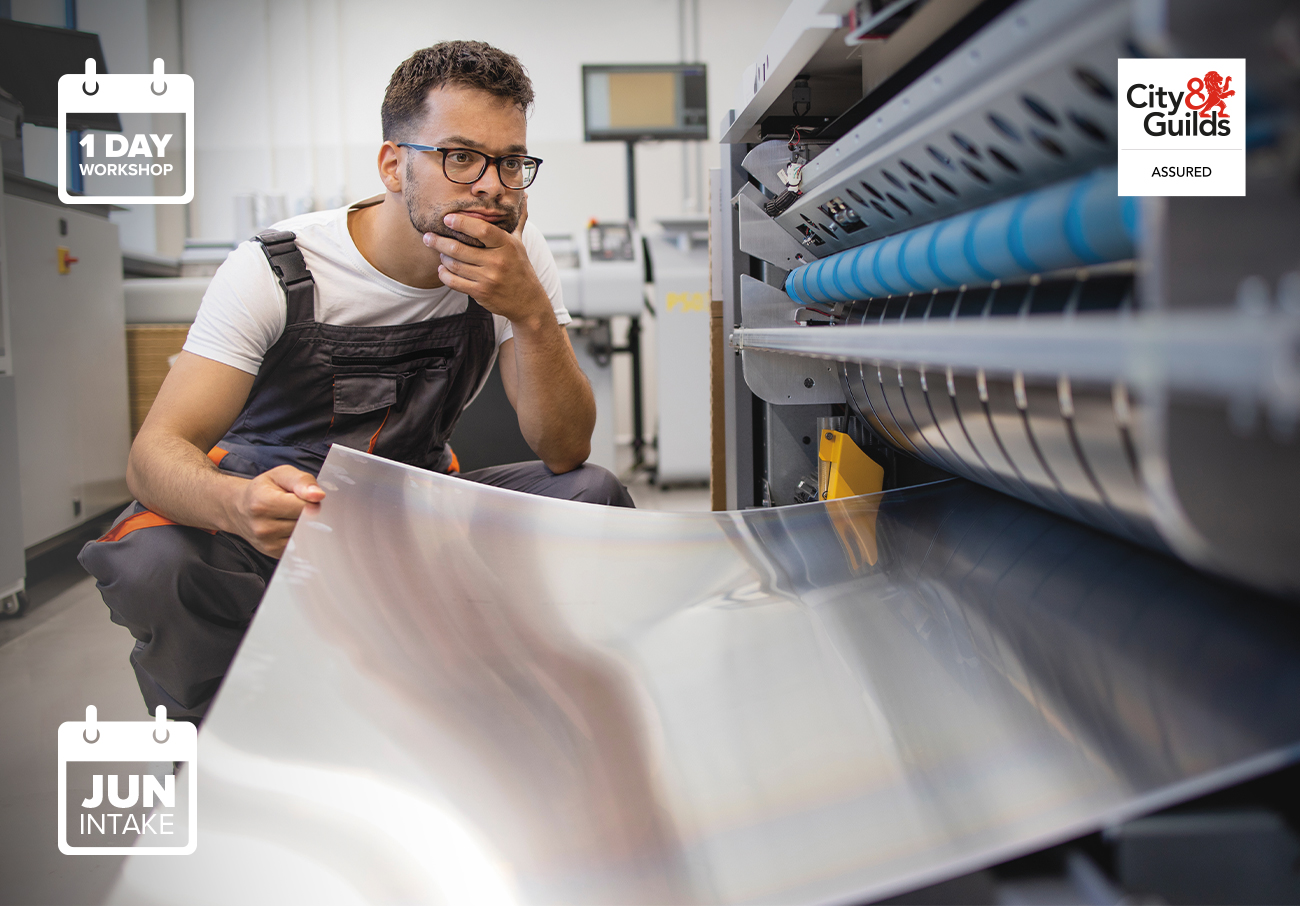Postgraduate Diploma in Manufacturing Leadership – SEPT
£4995

About this course
Our NEW Postgraduate Diploma Manufacturing Leadership runs alongside the MSc, giving you the perfect opportunity to obtain a Postgraduate Qualification without the time commitments of a full Master’s degree. Taught part-time for over 2-years, delegates benefit from an established, influential world-class programme with all the peer-to-peer collaboration of the MSc.
The diploma is designed to support the careers of committed and aspiring manufacturing professionals, and will provide comprehensive and detailed knowledge covering the following topics but, more importantly, how to put learnings into practice.
-
-
- Leadership
- Global Markets & Future Manufacturing
- Managing Financial Resources
- World Class Manufacturing Practices
- Manufacturing Enterprise Creation & Development
- Innovation
-
Who is this course for?
The postgraduate diploma is designed to develop high-calibre manufacturing leaders who desire to formalise their ability to champion enterprise, create wealth and build the essential knowledge needed to develop a world-class manufacturing business. Typical students include middle or senior managers, Directors and CEO’s.
Programme Structure
Taught part-time over 2 years, delegates benefit from an established, influential world-class programme with all the peer-to-peer collaboration of the MSc. The programme comprises of six modules, each led by a senior academic or industrialist. Modules contain four workshops and three facilitated action learning sets. At the end of the programme, delegates who wish to progress to the dissertation, are able to complete the Master’s programme subject to academic approval and revised fee structure.
Workshops
Normally four one-day workshops will take place per module. Led by a module convenor, each workshop provides the opportunity for intensive learning and discussion. Additional keynote speakers will participate, including experienced and highly trained practitioners, consultants, and subject experts.
Action Learning Sets
These are delivered between workshops and are designed to deal with the individual manufacturing problems and issues raised by students. Through facilitator-led discussion, action learning sets enable students to better understand the core learning materials and how to transfer what has been learnt to identify in-company problems.
Web Delivered Core Learning
Knowledge and understanding is developed through directed self-learning via web access to interactive specialist learning materials written by the industry’s foremost practitioners and experts. Web-based media is also used to deliver both generic and industry-specific case studies.
Further Information
Our PG Dip in Manufacturing Leadership is accredited by Lancaster University; the diploma runs alongside our highly regarded master’s program and will teach you how to boost operations and performance by employing essential methodologies and frameworks to support things like supply chain and innovation for continuous improvement, while enhancing your ability to lead change by working on real-world problems to build your skills in operations and personnel management.
Module 1 - Leadership
The focus of this module will be to develop an understanding of the major issues confronting leaders and the personal impact of the leadership role in manufacturing and business culture. On successful completion of the module students should be able to clearly differentiate between leadership and management practices, implement mechanisms of good communications and appreciate the importance of this being a two-way process. They should feel able to create and inspire a shared vision, recognise personal motivations and their effects on others and understand the importance of continuous self-development and that of the workforce.
The final intake for this course expires 9:00am on Thursday September 19th, 2024
Module 2 - Global Markets & Future Manufacturing
The second module focuses on attaining knowledge and understanding of the global drivers that impact on manufacturing in the ever-changing marketplace. On successful completion of the second module students should be able to assess the likely impact that external influences on manufacturing will have on his or her company and recognise the major challenges for future manufacturing and better understand how to address these. Additionally, students should also be able to cultivate an environment that understands and accepts the need for change.
The final intake for this course expires 9:00am on Thursday September 19th, 2024
Module 3 - Managing Financial Resources
Key aspects of this third module concern the main principles of financial and management accounting and how to identify the best models for future business growth. The entry and exit strategies involved in the process of wealth generation and sourcing secure funding. On successful completion students will be able to assess the current financial position of their company, determine the revenue flows from different parts of the business and identify models of financing best suited for future company development. They should understand how to source and secure funding and other resources for company growth and establish measures for business success and manufacturing performance. In addition, they should be able to demonstrate an awareness of the strategic need to acquire, merge or divest elements of the enterprise to support business development and new market penetration.
The final intake for this course expires 9:00am on Thursday September 19th, 2024
Module 4 - World Class Manufacturing Practices
The aim of this module is to ensure that students understand the elements of world best practices in terms of the management of the manufacturing function. Key ingredients include an analysis of the variety of manufacturing types commonly employed and the role of lean and agile manufacturing, as well as alternatives and their introduction in appropriate manufacturing contexts. On completion of the module students should be able to benchmark their company against world best practices in the management of people, processes, and systems. Determine current company strengths and weaknesses and identify areas for process improvement. Students should be able to introduce and develop lean and agile manufacturing processes and best practices. Review and develop supply chain relationships as well as re-evaluate Make vs. Buy decisions for specific components, also be able to review and plan future technology investment and prepare an IT strategy to support future developments.
The final intake for this course expires 9:00am on Thursday September 19th, 2024
Module 5 - Manufacturing Enterprise Creation & Development
This module’s prime focus is to develop an understanding of the critical success factors driving business creation and development, expansion into new markets and the practical consequences of differing strategic approaches. On successful completion of the module students should be able to analyse the competitive position of their enterprise or business unit and formulate a competitive strategy underpinned with clear differentiation from competitors. Students should also be able to demonstrate an understanding of how a successful enterprise wins business and delivers customer satisfaction as well as formulate the key processes and procedures that need to be in place to sustain and develop an enterprise.
The final intake for this course expires 9:00am on Thursday September 19th, 2024
Module 6 - Innovation
Focus of this final module is to develop an understanding of the role of creativity in business formation and growth as well as the critical management abilities required to drive the innovation process and convert it into a competitive advantage. On successful completion of the module students should be able to understand and manage the innovation life cycle from R&D, through design to full implementation by examining time, resources, cost, product, process, and systems. They should also be able to develop a capability within the company to create, capture and implement new products and processes to deliver outstanding performance. Students should also appreciate how to convert innovation into a competitive advantage as well as understand how to ingrain innovation and strategy within a sustainable organisation.
The final intake for this course expires 9:00am on Thursday September 19th, 2024
FAQ’s
How does it work?
Taught part-time over 2 years, delegates benefit from an established, influential world-class programme with all the peer-to-peer collaboration of the MSc. The programme comprises of six modules, each led by a senior academic or industrialist. Modules contain four workshops and three facilitated action learning sets. At the end of the programme, delegates who wish to progress to the dissertation, are able to complete the Master’s programme subject to academic approval and revised fee structure.
What is the entry-level requirement?
Applicants should have several years of relevant manufacturing experience, preferably backed by a first degree or relevant professional qualification, although this is NOT essential. Applicants with wider technical, managerial or supervisory experience who demonstrate the enthusiasm and ability to study at Masters Level will be considered.
What does it include?

Access to core learning materials, direction and support in our virtual learning environment (VLE) It’s Learning.

Lancaster University Library serves as well as access to UK wide University libraries.

Learning Support
Anita Kaur, is the Senior Programme Director responsible for the PG Dip and MSc in Manufacturing Leadership for The Manufacturing Institute in partnership with Lancaster University.
Flexibility
Taking a step into higher education can be quite daunting, especially if you have other full-time obligations such as work or family commitments. One of the best things about the PG Dip is the flexibility and independence that you have whilst studying. You manage your own time and work at your own pace but not in isolation. This allows you to work around your life and fit in studying as and when you can.
Missed sessions?
We strongly recommend 100% attendance as personal interaction with module conveners represents an essential part of the learning process. Missed session recordings can be accessed via the VLE.
What is the assessment process?
The assessment will be based on a task, which is an integrated part of the students working portfolio. The outcome will demonstrate how ‘module knowledge’ has been constructively applied to a problem resulting in a real-time business benefit.
What is the certification?
Subject to formal ratification of your academic record by the exam board, upon successful completion of all elements of the PG Dip you will be awarded a Postgraduate Diploma in Manufacturing Leadership.
Who will be delivering this programme?
Our PG Dip conveners are leading academics and subject matter experts, these enduring partnerships allow us to bring together visionaries from the best faculties to deliver leading-edge and highly relevant thinking across our course, combining practical skills with leading business techniques and principles.
Lancaster University
The Manufacturing Institute has created unique partnerships with both leading manufacturers, prestigious academic institutions, and five star rated UK Universities, which includes our long-standing relationship with Lancaster University and other leading international establishments.
Postgraduate Diploma in Manufacturing Leadership Syllabus
The entire PG Dip educational team are not only passionate about manufacturing and the pursuit of organisational excellence but also, ensuring the best possible experience on this specialist journey of professional development. We are here to advise, help and support you every step of the way.
The final intake for this course expires 9:00am on Thursday September 19th, 2024









